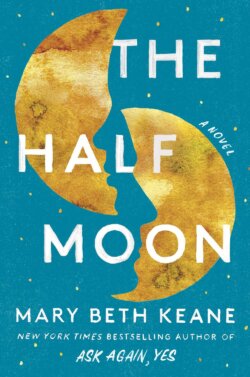The work of award-winning actor and comedian Jenny Slate—whether her stand-up comedy, voice performances (Bob’s Burgers, The Great North), acting (Parks and Recreation, It Ends With Us), or beloved Marcel the Shell With Shoes On multimedia universe—leaves an indelible impression. Unsurprisingly, the prolific creator’s first memoir-in-essays, 2019’s Little Weirds, had the same effect thanks to its inventive language and poignant, poetic takes on her life thus far.
In Lifeform, Slate again beckons readers into her wonderfully idiosyncratic, colorfully kaleidoscopic mind as she recounts her latest adventures in five pivotal phases: Single, True Love, Pregnancy, Baby and Ongoing. Of course, fans know that despite Lifeform’s organizing principle, the author isn’t inclined to stick to prescribed formats or expectations. Instead, she dances through multifaceted, playful musings that tip over into surrealism, and dwells in quiet spaces alongside her insecurities and fears.
Fabulist inner monologues abound, as in “Stork Dream: Scroll,” wherein the mythical baby-deliverer embodies “how bizarre this experience is of making a lifeform while being a lifeform. I woke myself up laughing, and the laughter was like a string of bells being pulled from inside of me.” Slate tackles waking-hour concerns in her series of whimsical yet pointed “Letters to a Doctor.” In one, she expresses her frustration with traditional dinner-party seating: “Why would you split a couple up against their wills? It is already so incredibly hard to come together and become a couple.”
Intimate and vulnerable revelations simmer throughout, too, such as the bittersweet experience of watching her ailing grandmother and baby Ida “sip soup together, two beings with caretakers who make sure that they stay clean and can get the food into their mouths.” Birth and death, beginnings and ends, are on Slate’s mind (and in her dreams) as she assumes the new role of mother and ponders how she has changed as the phases of her life have unfurled. Fans old and new will revel in Lifeform’s self-effacing humor and imaginative writing style. It’s a delightful, memorable immersion in the lifeform that is Jenny Slate: “Mother/New Wife/Jenny/Wart-Gobbler Goblin/Bad Visual Artist/Fine Clown.”































































